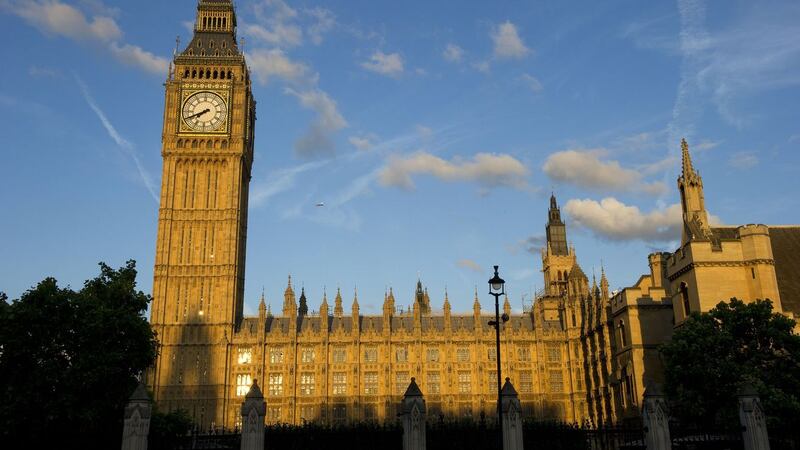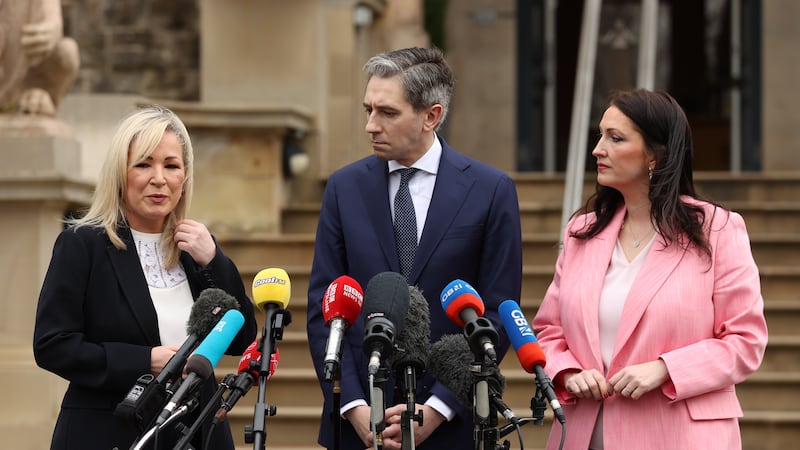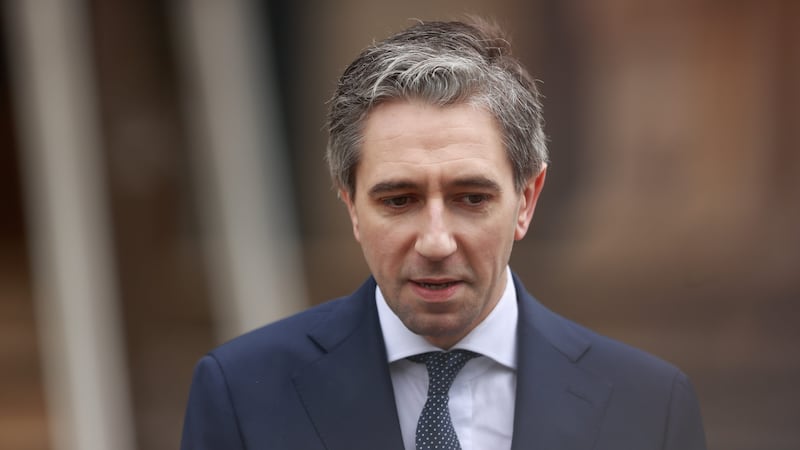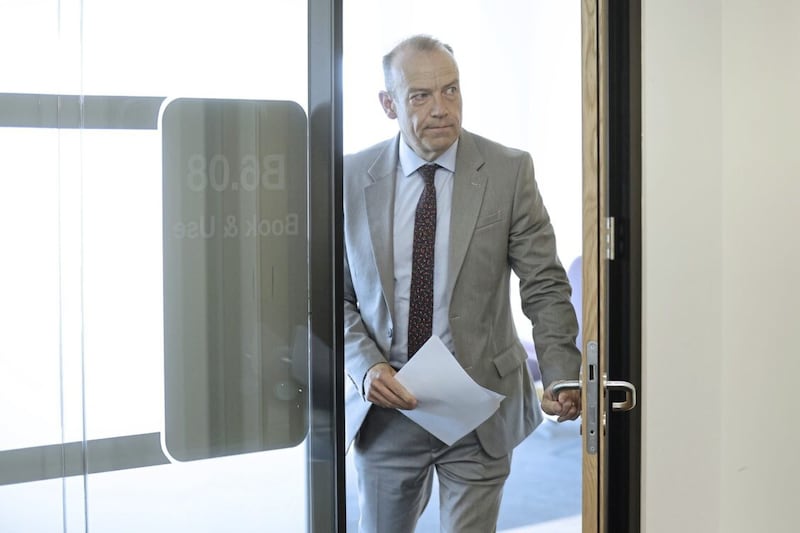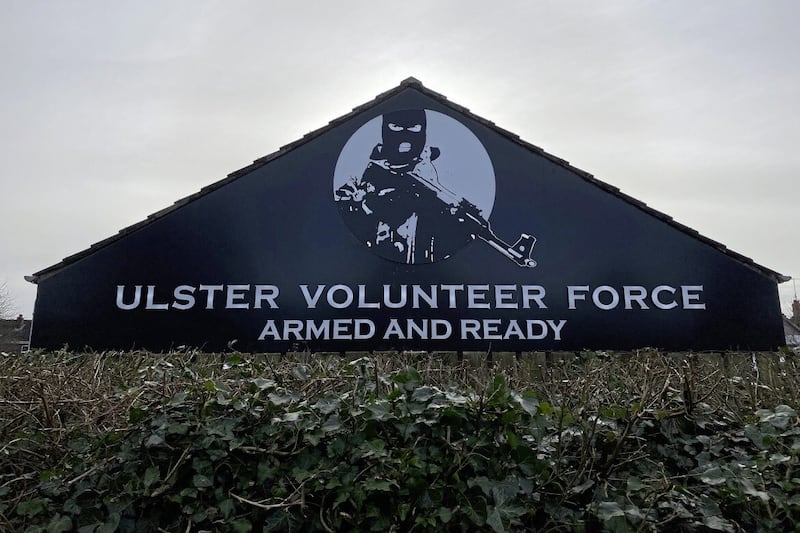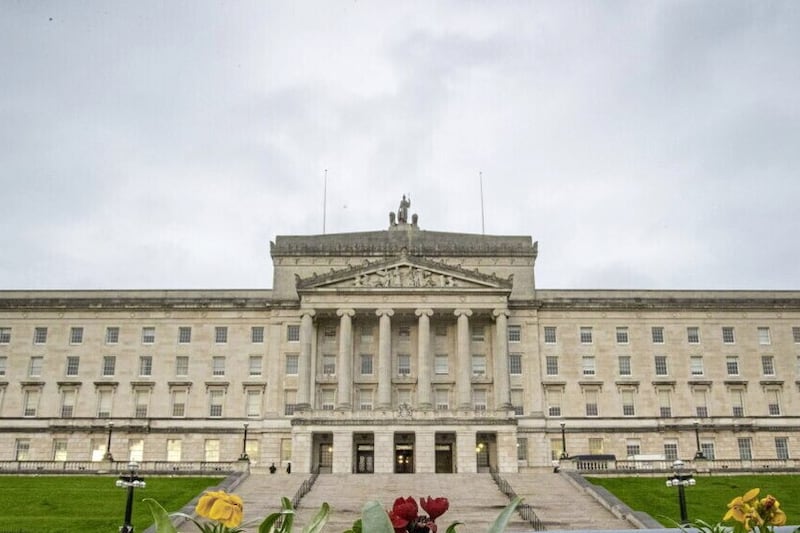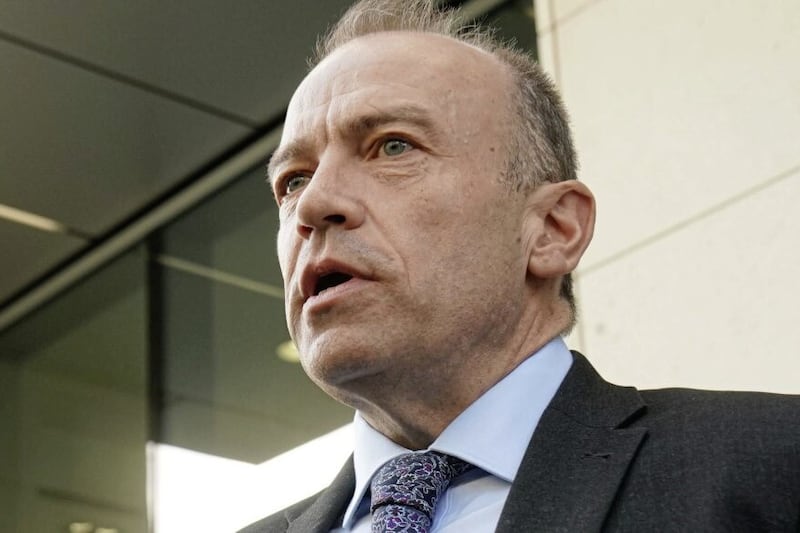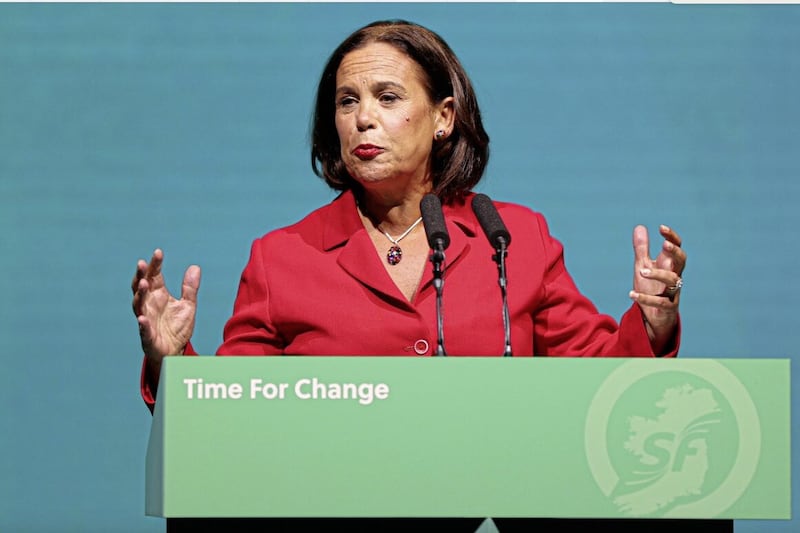The ongoing failure to restore powersharing at Stormont has raised the real prospect of a return to direct rule from Westminster.
The powers for the UK Government to suspend the institutions were removed under the terms of the 2006 St Andrews Agreement, so emergency legislation would be required in London to enable Secretary of State James Brokenshire to put Stormont into cold storage.
Suspension of the Assembly was an all too familiar feature in Northern Ireland in the first stumbling years after the Good Friday peace agreement of 1998.
The last period of direct rule from Westminster ended in 2007 with Sinn Fein and the DUP's historic deal to head up a new coalition government.
Despite the many travails of that administration, the shape of which was reaffirmed in the 2011 and 2016 elections, the institutions had managed to stay afloat without interruption for a decade.
That was until the Renewable Heat Incentive scandal brought down the institutions at the start of this year - a collapse that re-opened a raft of other unresolved disputes between the two main parties.
The four suspensions since the Good Friday Agreement were:
- February 2000 - Then secretary of state Peter Mandelson suspends the Assembly after the UUP/SDLP-led executive fails to strike a deal on IRA decommissioning. The institutions are restored in May after the IRA pledges to "completely and verifiably" put its arsenal beyond use.
- August 2001 - In the absence of progress on decommissioning, despite proposals from the UK and Irish governments outlined at Weston Park, Northern Ireland secretary John Reid suspends devolution for 24 hours. The step was a political manoeuvre that effectively gave the parties a six-week period to find a way forward on the thorny decommissioning problem.
- September 2001 - With the IRA having pledged to intensify engagement with an international panel set up to monitor decommissioning, Mr Reid triggers another technical 24-hour suspension to give the parties further breathing room to get powersharing back on track.
- October 2002 - Sinn Fein's offices at Stormont are raided by the police as part of an investigation into an alleged IRA spy ring at the heart of government. A major political crisis erupts and 10 days later Mr Reid suspends devolution and announces the return of direct rule by UK Government ministers.
London-based ministers would retain control of running executive departments until 2007 when the then DUP leader Dr Ian Paisley and Sinn Fein veteran Martin McGuinness entered power together.
